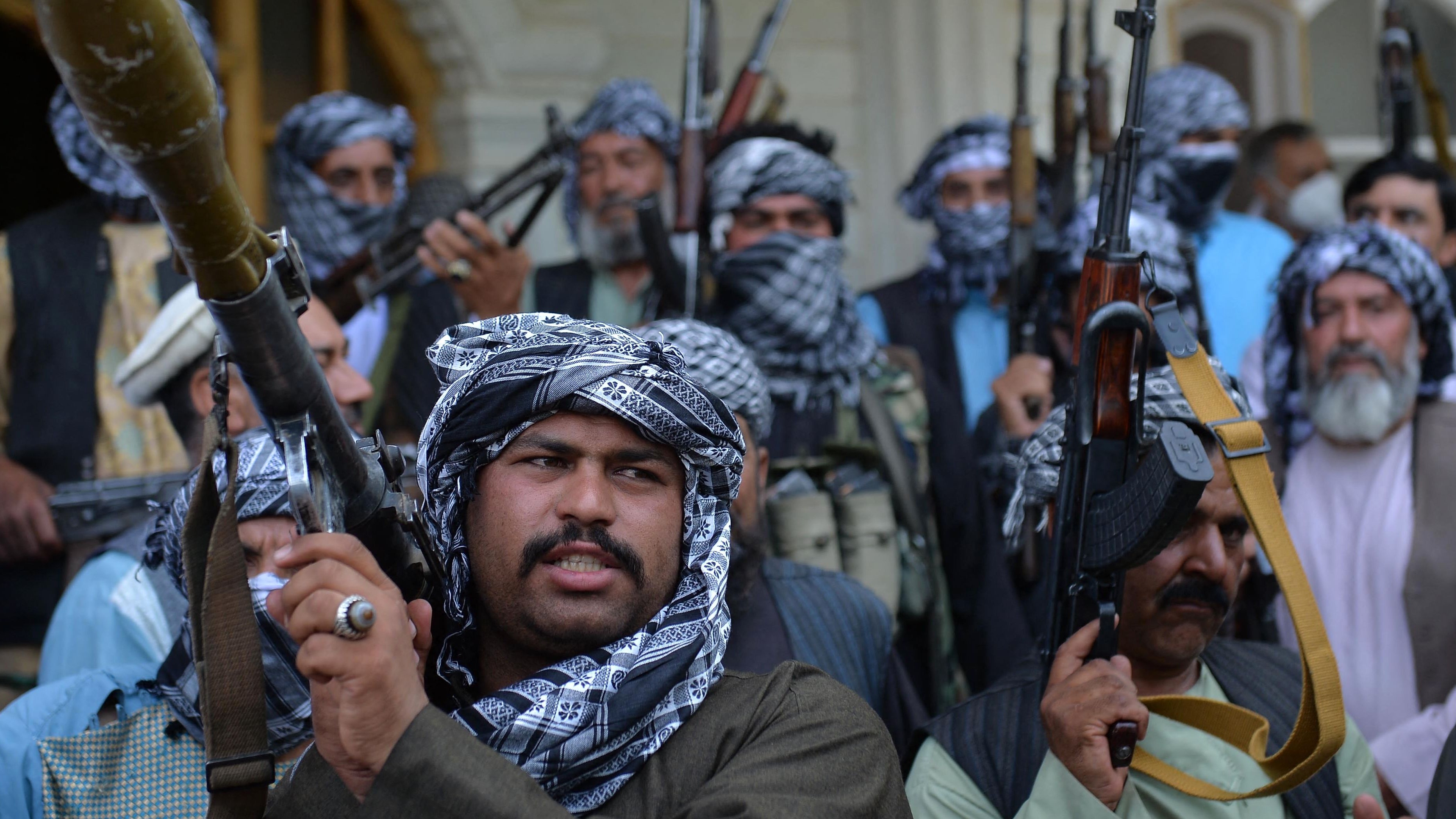Afghanistan civilian casualty figures hit record high following US withdrawal
Deaths rise 47% year-on-year as Taliban exploits departure of foreign troops

A free daily email with the biggest news stories of the day – and the best features from TheWeek.com
You are now subscribed
Your newsletter sign-up was successful
A record number of Afghan civilians have been killed or injured since international troops began their withdrawal from the country in the first half of the year, the UN has said.
A new report found that Afghanistan has recorded more than 1,600 civilian deaths so far in 2021, a 47% rise compared to this time last year. The heavy toll is so far mainly a result of battles with the Taliban in rural areas, according to the UN.
The Protection of Civilians in Armed Conflict survey found the “acute rise” in deaths during the two months since 1 May to be of particular concern. During those months, 783 civilians were killed and 1,609 injured, the highest figures for May and June since the UN began its record-keeping in 2009.
The Week
Escape your echo chamber. Get the facts behind the news, plus analysis from multiple perspectives.

Sign up for The Week's Free Newsletters
From our morning news briefing to a weekly Good News Newsletter, get the best of The Week delivered directly to your inbox.
From our morning news briefing to a weekly Good News Newsletter, get the best of The Week delivered directly to your inbox.
Insurgents are “responsible for well over half of the deaths and injuries”, The Guardian reports, with groups including the Taliban and the Islamic States’ regional franchise now holding “swathes of the country” that fell after they launched attacks “to coincide with the original deadline authorities set for US and other forces to leave the country”.
According to the report, pro-government forces also accounted for 25% of the deaths, while 11% were blamed on crossfire. Of all casualties, 32% were children.
Deborah Lyons, the UN secretary general’s special representative for Afghanistan, said: “I implore the Taliban and Afghan leaders to take heed of the conflict’s grim and chilling trajectory and its devastating impact on civilians.
“The report provides a clear warning that unprecedented numbers of Afghan civilians will perish and be maimed this year if the increasing violence is not stemmed.”
A free daily email with the biggest news stories of the day – and the best features from TheWeek.com
The figures evidence “the dire situation for Afghan civilians”, Al Jazeera says, with “heavy clashes around the country” so far mainly taking place around “rural districts, border crossings and surrounding provincial capitals, prompting Afghan and US forces to carry out air attacks to try and push back” the Taliban.
“Much of the battlefield action during the most deadly months of May and June took place outside cities, in areas with comparatively low population levels,” the report said. “The UN is gravely concerned that if intensive military action is undertaken in urban areas with high population densities, the consequences for Afghan civilians could be catastrophic.”
Surveys of Afghan territory suggest the insurgents “now control more than half of Afghanistan’s districts” and are also pushing to advance towards several provincial capitals”, Al Jazeera adds.
The increase in deaths “ends a four-year period in which they had steadily declined”, The Guardian says. Improvised mines were the leading cause of casualties, according to the UN, with recent fighting appearing “to have led to more being placed on roads and inside homes in areas the Taliban seized”, the paper adds.
Fighting on the ground caused the second highest number of casualties, according to the report, with targeted killings of civilians by insurgents and Afghan army air strikes occupying third and fourth place respectively.